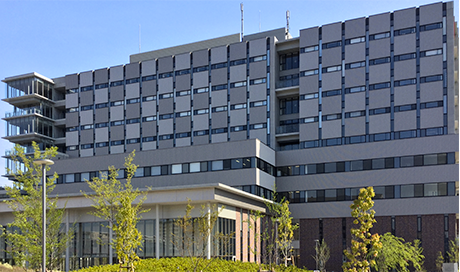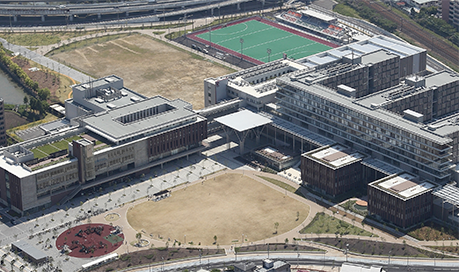日本の半導体企業の国際競争
エルピーダと三星との比較から
1) 東京経済大学大学院
2) 東京経済大学
| Abstract | 世界の半導体産業の成長とは裏腹に、かつて市場を席巻した日本の半導体企業は衰退を続け、2010年代の初めには日本最後のDRAMメーカであったエルピーダも倒産し、その時の負債額は4500億円弱で最大規模であった。一方、韓国企業は圧倒的な競争優位性を獲得しグローバル企業となっている。また、後発参入企業の三星が世界の頂点に君臨している事実は、戦略によるものであるとされる。この三星とエルピーダの違いを、経営戦略の視点から比較分析し、その背景にあるものを明らかにする。結果として、伝統的日本企業はプレミア化志向が高く、グローバリゼーションとの不適合をもたらすため、競争優位性の構築に困難が伴うことを示す。 |
|---|---|
|
Despite of the growth of the global semiconductor industry, Japanese semiconductor companies have been declining. On the other hand, Korean companies became global through the acquirement of an overwhelming competitive advantage especially in DRAM market. It is said that the fact that the late entrant "Samsung" dominates the market was brought by the strategy. This article reveals what is in the background of the differences between Samsung and Elpida by comparing each other from the view point of the strategy. As a result, it became clear that traditional Japanese companies tend to choose “Premier" directivity in terms of the differentiation. But it affects negatively in increasing competitive advantage to adapt the globalization. |
|
| Keywords | 戦略,半導体,DRAM |
| strategy,semiconductor,DRAM |








